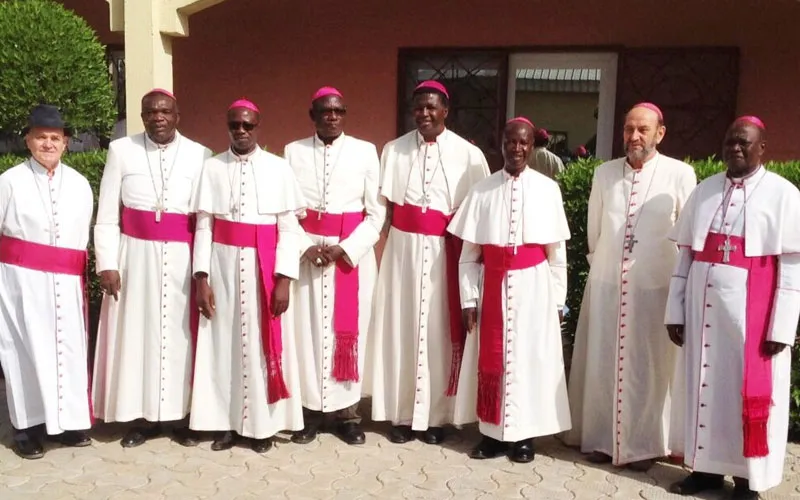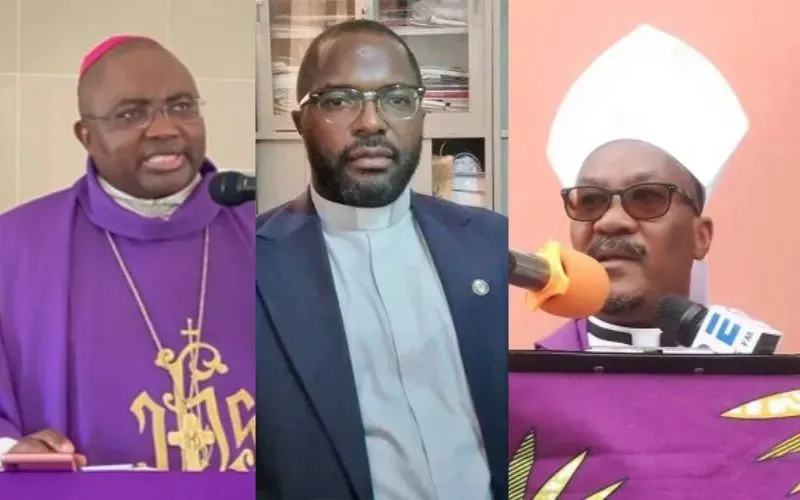“Considering the importance of this dialogue compared to other forums, the Catholic Church wanted to participate, not only through the Catholic lay faithful, members of the different corporations who delegated them, but through an official delegation composed of three lay persons, one Priest and three bishops according to the quota granted by organizing committee of DNI,” CET members say.
They add, “We realized from the outset that the Sovereign Inclusive National Dialogue, both in its form and in its management, was off to a bad start and many of the participants were frustrated.”
CET members regret the fact that there was “a certain desire for one group to take control of the process, whereas it was meant to be an exercise in listening to each other with mutual respect.”
“Conscious of our status as pastors, which invites us to keep an equal distance between the parties, we expressed our reservations by suspending our participation in the sessions,” Catholic Bishops in Chad further say, making reference to their September 3 announcement.
Amid the highlighted challenges and the decision to suspend their participation in the DNI sessions, CET members say they took advantage of the “time to continue our mediation work with other religious leaders and Elders in order to restore the inclusive character of the Dialogue.”
(Story continues below)
They express their awareness of the fact that “this suspension of our participation in the DNI has been interpreted differently.”
In an effort to clarify their situation in relation to their suspended participation in DNI sessions, Catholic Bishops in Chad say, “We would like to reassure everyone that it only involves the official delegation of the Catholic Church. We are not minimizing the importance of the issues discussed, but the rules were not clear.”
DNI, which was originally scheduled for February but was repeatedly postponed, was being held less than two weeks after the Chadian junta and 40 rebel groups signed an agreement in Doha.
In April 2021, President Idriss Déby Itno who had been at the helm of the country since 1990 died after succumbing to injuries from a battle with the Front for Change and Concord in Chad (FACT), a dissident army rebel group in the Northern part of the country.
Following his death, a transitional council of military officers led by Deby's son, Mahamat Idriss Déby Itno, as interim president, started overseeing Chad’s transition period for the next 18 months.
The council has published a charter that defines the role of members expected to be appointed to the national transitional council, a charter that has been rejected by opposition parties in the country.
Jude Atemanke is a Cameroonian journalist with a passion for Catholic Church communication. He holds a Bachelor’s Degree in Journalism and Mass Communication from the University of Buea in Cameroon. Currently, Jude serves as a journalist for ACI Africa.








